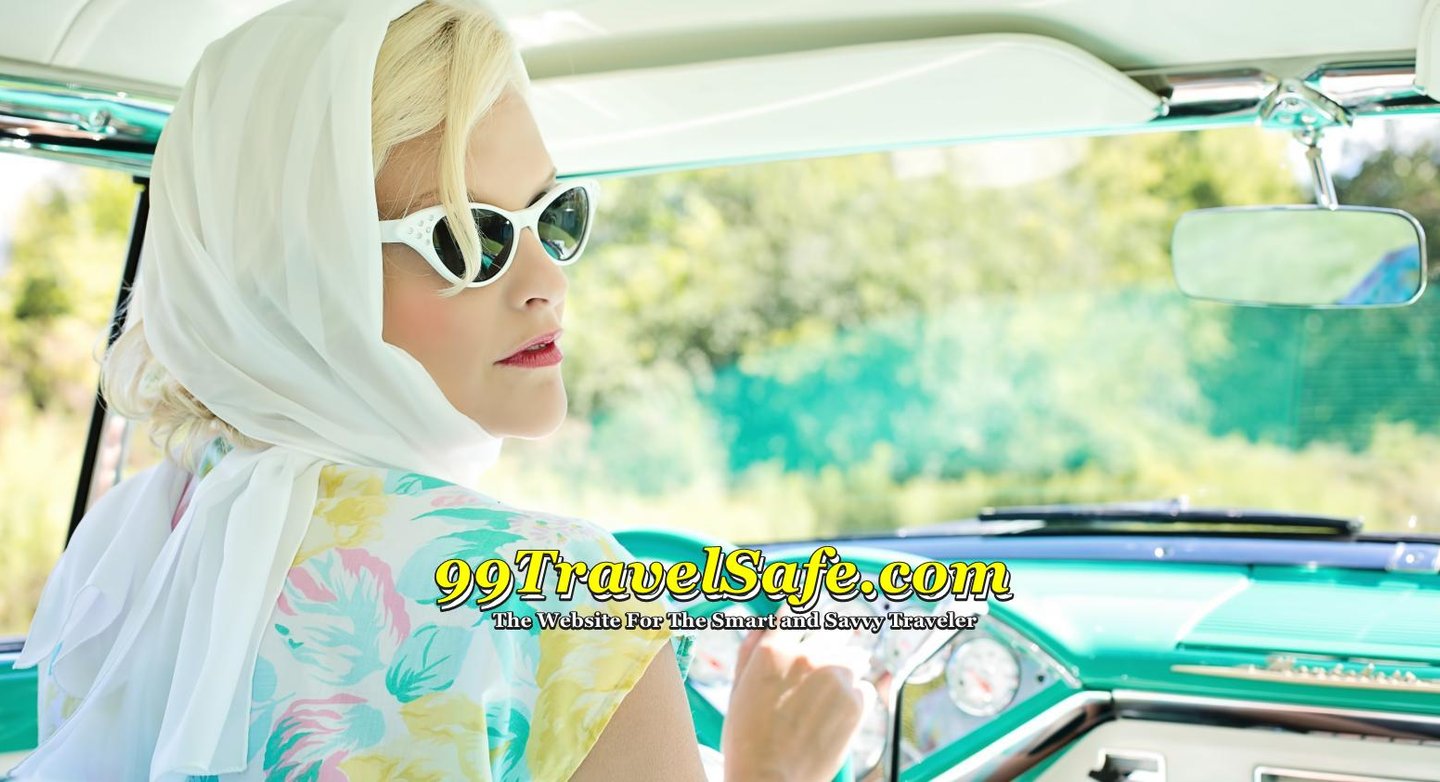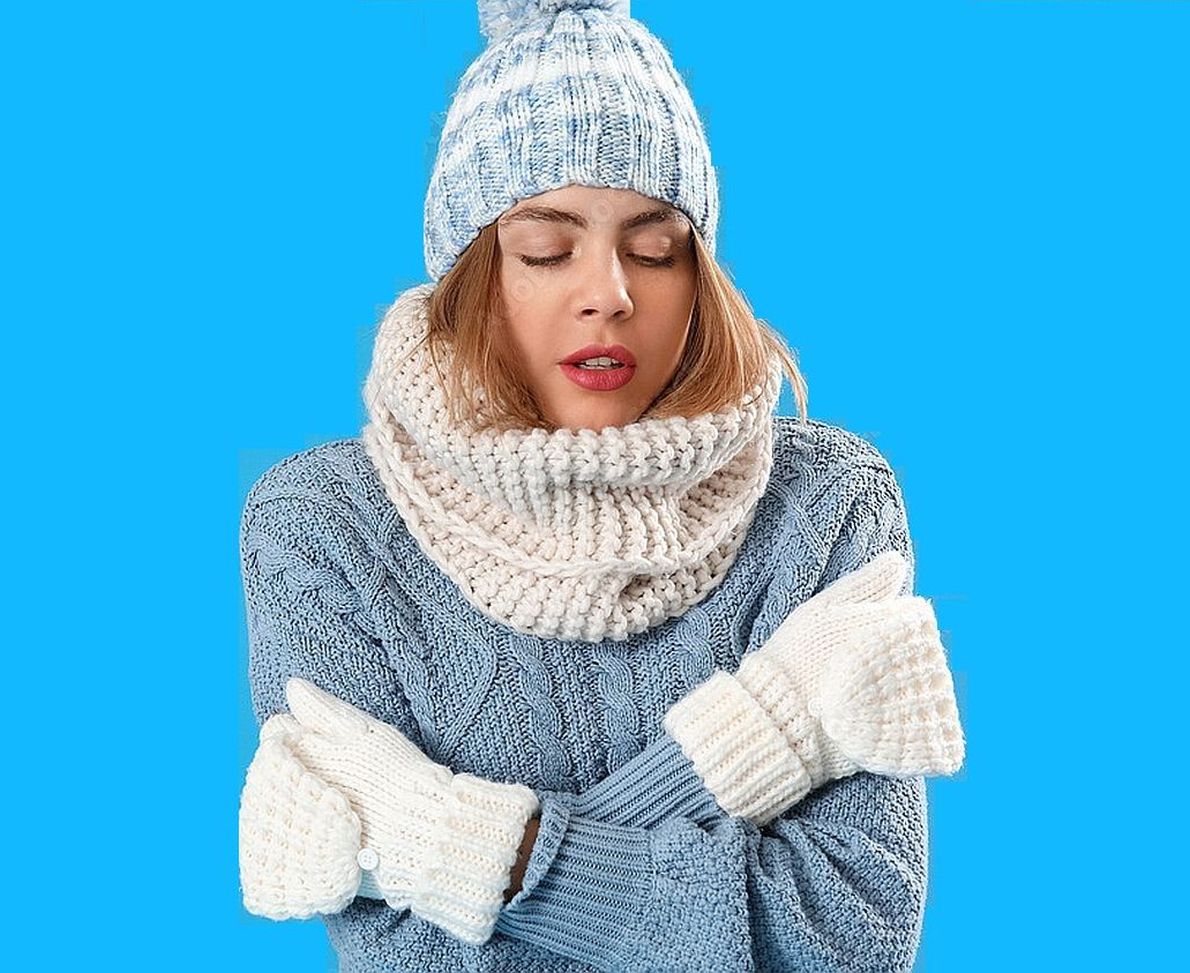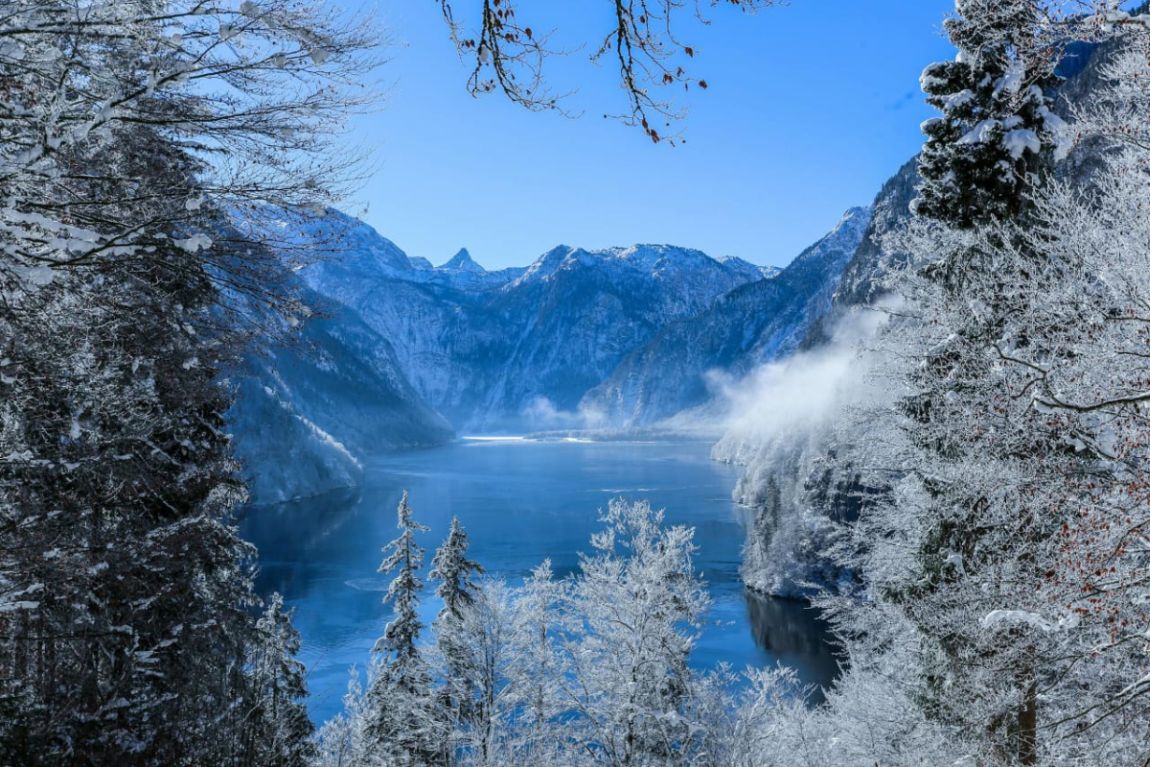

99TravelSafe.com
The Website For The Smart and Savvy Traveler
74 – Winter Travel Safety and Precautions!


Related Pages - Please Also See;
82 – Preventing and Treating Hypothermia
83 – Preventing and Treating Frostbite
84 – Preventing Snow Blindness (Photokeratitis)
74 – Winter Travel Safety and Precautions
75 – Safety of Children Traveling in Winter
76 – Children’s Winter Clothing
77 – Winter Driving – Safety and Precautions
81 – Safety of Children Playing in the Snow
Advertisement
Please Click On 1-2 Ads To Support To Our Website - Thanks!
Winter Travel Safety and Precautions!


HERE are some tips to keep in mind while your family is enjoying the great outdoors during the winter season!
Check the weather report and heed precautions and advisories! If weather warnings suggest a severe wind chill or extremely low temperatures, consider avoiding outdoor activities until the weather improves! Also keep an eye on any official alerts or advisories regarding the weather conditions!
Ensure availability of accommodation and seek prior confirmation from hotel/guestroom of reservation before departing on trip!
Check the availability of medical and health facilities where you are going!
Drive Carefully - be prepared! (also see tips 77-Safe Driving in Winter).
Be Aware of Avalanche Warnings Also!
Be aware of symptoms and treatment for hypothermia, snow blindness and frostbite (see related tips).
Dress in layers. It is very important to keep warm and dry while enjoying outdoor activities in the winter!
When not wearing a helmet, wear a hat, and a neck guard.
Keep ears covered too. Noses can be covered with neck guard!
Stay away from ice-covered lakes and streams. Over the past decade several forest visitors have fallen through thin ice and drowned!
Be extremely careful when walking on ice-covered or slippery surfaces like parking areas and trails and especially steep slopes. One slip could result in a serious injury!
Be aware of the danger of drawstrings on children's outerwear!
Advertisement
Please Click On 1-2 Ads To Support To Our Website - Thanks!
Winter Travel Safety and Precautions!


Advertisement
Please Click On 1-2 Ads To Support To Our Website - Thanks!
Make sure that clothes are comfortable! Tight clothing restricts circulation and can increase chances of frostbite!
Wear brightly colored clothing - Easier to be seen!
Take extra care when dusk or evening approaches as a result of reduced visibility!
Goggles protect eyes from cold, wind and snow!
Remove all drawstrings from children's snow suits and avoid use of scarves to reduce the risk of strangulation!
Don't overdo activities in very cold weather!
Try to maintain healthy eating and sleeping habits!
AVOID alcohol, tobacco, drugs and consider reducing caffeine consumption!
Advertisement
Please Click On 1-2 Ads To Support To Our Website - Thanks!
Winter Travel Safety and Precautions!


Advertisement
Please Click On 1-2 Ads To Support To Our Website - Thanks!
When it comes to winter travel, Pack wisely! Packing is key!
Do some research on the climate of where you are heading so you know what types of clothing to pack!
Bring items you can wear in layers to allow for temperature changes!
For cold weather climates, thermal undergarments, moisture-wicking socks, and a winter coat are essential!
Accessories like hats, gloves, scarves and waterproof and slip-resistant boots are essential and necessary to keep you warm and dry in wintery conditions!
Advertisement
Please Click On 1-2 Ads To Support To Our Website - Thanks!
Travel Safety in Extremely Cold Conditions!


Advertisement
Please Click On 1-2 Ads To Support To Our Website - Thanks!
To travel safely in extremely cold environments, focus on staying warm and dry by wearing multiple layers of appropriate fabrics, covering all extremities, and avoiding cotton. Stay hydrated and nourished with energy-rich snacks and warm drinks, protect yourself from the sun with sunglasses and sunscreen, and ensure your footwear has good traction. When driving, check your vehicle for winter emergency supplies and avoid traveling in low visibility or on icy roads.
Clothing and Gear
Layer Up:
Wear layers to trap air and adapt to changing temperatures. Start with a thermal base layer, add insulating mid-layers like fleece, and finish with a waterproof, wind-resistant outer shell.
Avoid Cotton:
Cotton holds moisture, which will make you cold. Opt for synthetic fabrics that wick moisture away from your skin.
Protect Your Head:
You can lose a significant amount of body heat from your head, so wear a hat that covers your ears.
Hands, Feet and Extremities:
Wear mittens (warmer than gloves allowing fingers to share warmth), a neck gaiter or scarf, and warm, waterproof, insulated boots with good traction along with extra wool socks. Consider glove liners for added warmth!
Don't forget sunglasses and sunscreen, as sun and its reflection off snow can be damaging.
Staying Safe and Dry
Stay Dry:
Your body loses heat much faster when wet. If you start to sweat, remove an outer layer of clothing. If you get wet from sweat or snow, change out of damp clothes as soon as possible!
Avoid Wind:
Wind chill can make the temperature feel much colder. Stay out of the wind and seek shelter for breaks.
Health and Hydration
Stay Hydrated and Nourished:
Drink plenty of non-alcoholic fluids and eat energy-rich snacks to maintain your body's temperature and energy levels.
Maintain Energy:
Eat energy-rich snacks, especially during extended outdoor activities, to help your body maintain its temperature.
Protect Your Skin and Eyes:
The sun can be harsh even in cold environments, so use sunscreen and wear sunglasses.
Recognizing and Preventing Cold Injuries
This is a freezing injury to the skin that can cause tissue damage.
This occurs when your body loses heat faster than it can produce it.
Shivering:
Pay attention to shivering, as it is an early sign that your body is losing heat.
Vehicle and Travel Safety
Check Your Car:
Before you go, check and restock your car's winter emergency supplies. If you must travel, tell someone your destination and expected arrival time.
Prepare Your Car:
Pack a winter emergency car kit with essentials like blankets, a shovel, and a first-aid kit.
Check Conditions:
Be aware of weather forecasts and road conditions. Consider delaying your trip if extreme cold is expected.
Vehicle Maintenance:
Ensure your car's battery, fluids, and tire pressure are in good condition for cold weather.
During Travel:
Avoid using cruise control on icy roads. If you get stranded, stay with your vehicle and run the engine only long enough to stay warm.
Avoid traveling in low visibility conditions or on icy roads, overpasses, and bridges if possible.
Do Not Rely on the Car for Heat:
Your car may break down, so do not depend on it for warmth. Keep your car's winter emergency kit stocked.
Advertisement
Please Click On 1-2 Ads To Support To Our Website - Thanks!
Some Videos on Winter Travel Safety!
Travel in Extremely Cold Conditions!
Advertisement
Please Click On 1-2 Ads To Support To Our Website - Thanks!
Advertisement
Please Click On 1-2 Ads To Support To Our Website - Thanks!


